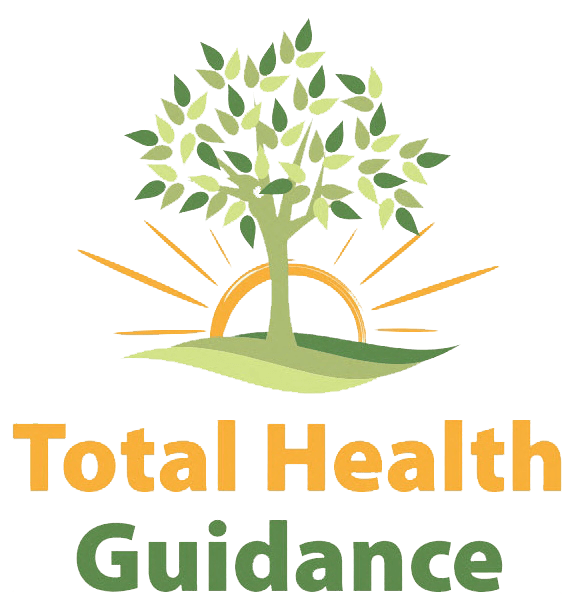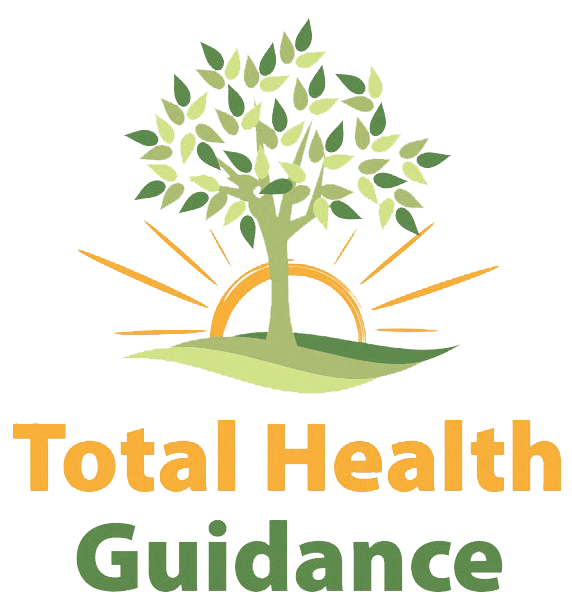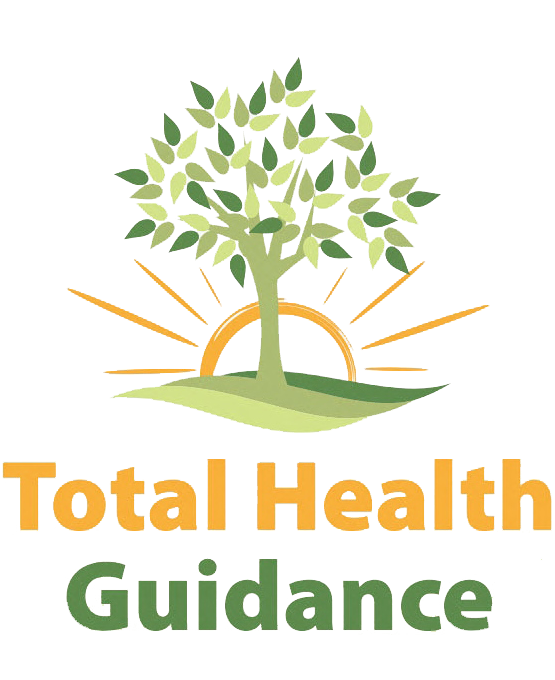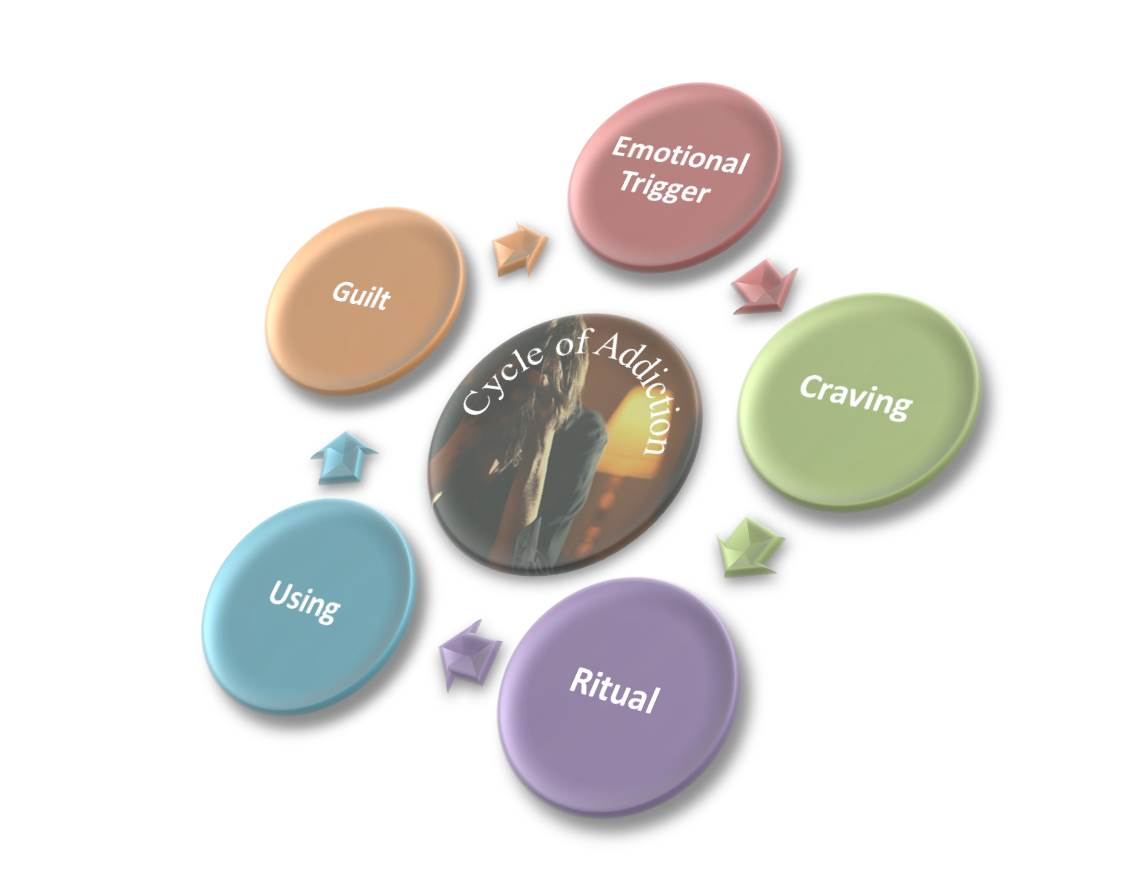– Tony Ambush, LMT
The cycle of addiction most often springs from past or recent pain and trauma. The cycle of addiction and the feelings of pain, guilt, and shame keep the addict suspending in a swirling tornado of deterioration. The addict’s relationships, job, and personal safety often suffer from the repetitive process of the addiction cycle. It is often said that an addict will only change once they hit rock bottom. That bottom varies from individual to individual based on their life experience as well as the type of addiction they struggle with.
The addiction cycle starts with a triggering event that in turn triggers emotions or feelings often associated with a pain or trauma. The emotional trigger ignites a desire to squelch that emotion and pain. The need to shut down the emotions is part of the problem many addicts have. The way for the addict to subdue the emotion or feeling is to act out with their drug of choice. This may be alcohol, sex, drugs, food, gambling as well as other vices. Addicts need to find a way to shut down the emotions and feelings that bring up pain and traumatic memories. The stress of a triggering event leads to craving.
Cravings, as experienced by addicts can be described as an overwhelming feeling or desire to use. They desire to sooth the pain and diminish feelings that the triggering event ignited. Most addicts have little practice in successfully managing negative emotions. This difficulty in managing negative emotions can lead the addict to act out and sooth the pain by using. Stress hormones directly affect the reward chemical dopamine. In this time of stress the chemical responses in the body are affecting the addict’s behavior. An addict will seek out the drug of choice which they believe will alleviate the cravings. As craving sensations increase, addicts will eventually return to ritual behaviors.
Ritual behaviors can be described as activities, thoughts or ideas that addicts engage in as part of their addiction. Once ritual behavior has started it is hard for most addicts to turn away. In a sense, ritual behavior can be seen as preparation leading to using or acting out. For example, a sex addict may start looking at porn and fantasizing about sex. An alcoholic may store up on alcohol several days before binging. The longer an addict is engaged in ritual behavior the harder it may be for them to stop the cycle. Ultimately they may act out on their addiction which leads to feeling of guilt and shame.
For many addicts the next part of the cycle, guilt, is immediate. In this stage guilt arises from having used/acted out. These additional feelings of guilt now act upon the addict and they continue to move in the cycle. The recent guilt from acting out is now the triggering event as they move in the cycle to craving, ritual behavior, using and circling back around to guilt. This continuation of the addiction cycle can create a great deal of stress for those suffering from addiction as well as their family and friends.
Stress is a serious impediment to addiction recovery and may lead to a desire to escape. Escaping reality is a major component of the addiction cycle. It is helpful for addicts to practice ways to slow down, block out distractions and focus on being calm. With these practices, those suffering from addiction can become more self-aware and will be better able to recognize emotional triggers before they ignite the addiction cycle.
Effective approaches to addiction treatment require the client to DO something; exercise, start counseling, join a 12-step program, etc. These are known as active participation steps. Passive options like massage and acupuncture are extremely helpful in managing the stress associated with addictions as well as actually reducing addictive cravings. We focus on treating all the symptoms of addiction including the physical, emotional, relational, financial, and spiritual. Our goal is evaluate the whole person to help figure out the root cause of addictive behaviors. Treatment at Total Health Guidance is uniquely designed to meet each client’s needs specific to their own personal journey and experience. If you or someone you know is suffering from any addictive behavior, please call Total Health Guidance at 321-332-6984 for a free and confidential assessment.







